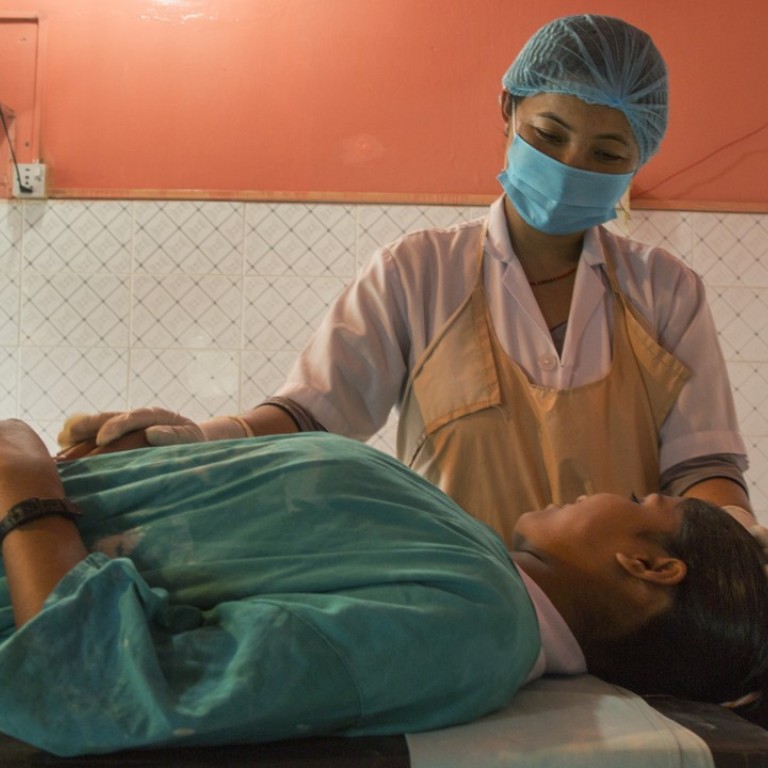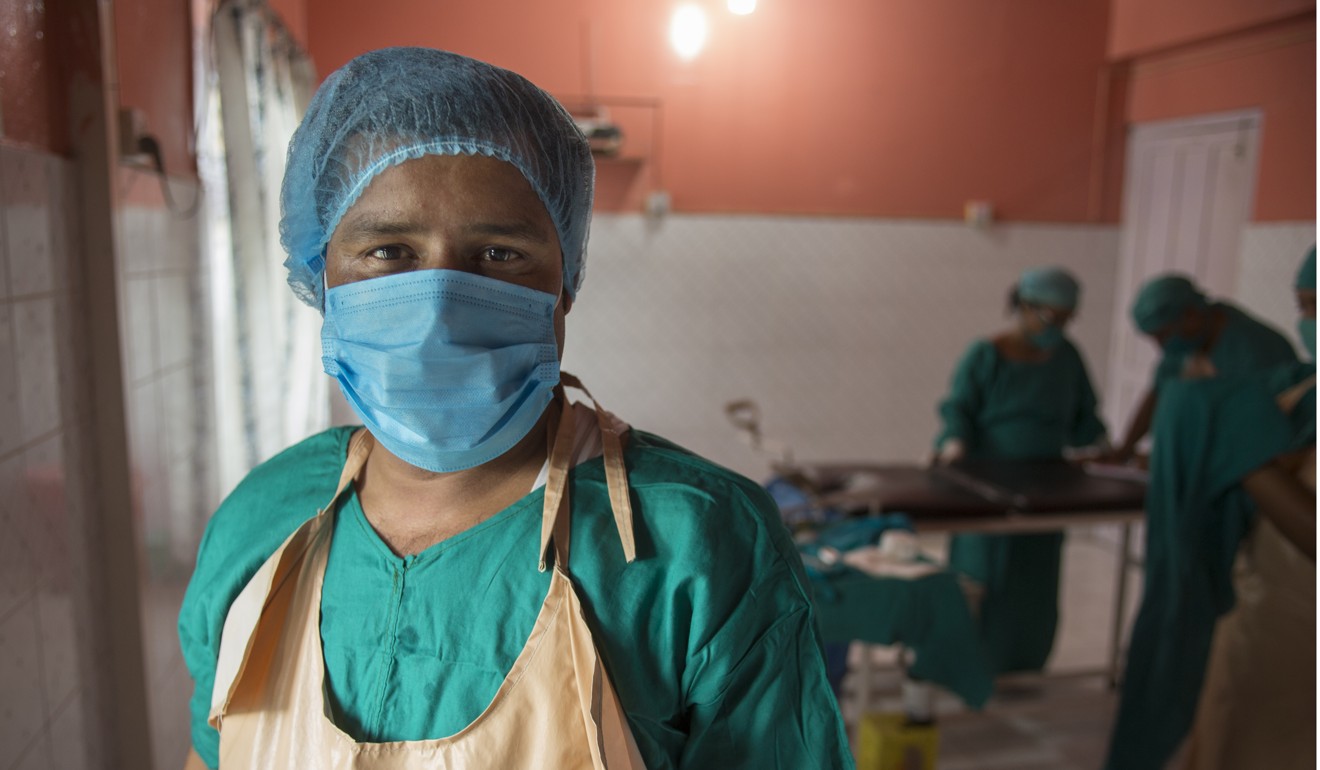
Defying Donald Trump’s abortion ‘gag rule’ essential for women’s health
Nerida Williams says organisations like the International Planned Parenthood Federation continue to provide important family planning and health services to women despite the US funding block
A young woman lays back calmly, a nurse gently stroking her hand and asking a series of mundane questions to keep her at her ease. A doctor then starts performing a manual vacuum abortion.
This is taking place in the deep south of Nepal, which has legalised abortion. In theory, Nepali women can choose to discontinue their pregnancy safely and legally before the 12-week mark.
Even so, Meheshawar Yadav, the doctor performing the procedure, reckons most of the roughly seven women he sees daily attempt an unsafe abortion at home before arriving at the clinic, run by the Family Planning Association of Nepal.
Abortions in the clinic cost 1,200 Nepalese rupees (HK$90), but they are free for those who are very poor or have extenuating circumstances.
Midwife crisis: Laos slashes maternal mortality but Trump defunding threatens the progress made
Within the US itself, Trump’s actions have created a new platform for the anti-choice coalition dedicated to coercion of women. US doctors who perform abortions are often bullied – online and in person – for doing their jobs.

The International Planned Parenthood Federation, of which the Family Planning Association of Nepal is a member, refused to stop providing vital health care. In Nepal, we continue to provide services and advocate for reproductive and sexual health and rights, despite the US funding cut.
Trump halts cash for UN Population Fund because of ‘coercive abortions’ in China
The biggest hurdles for women in Nepal in accessing safe abortion care remain the lack of awareness and poverty. Fear of going to a clinic, lack of money or both mean women often take unauthorised drugs to discontinue pregnancies.
According to the World Health Organisation, approximately 68,000 women die annually due to complications of unsafe abortion; between 2 and 7 million women each year sustain long-term damage or disease. Coercive laws do not prevent desperate women from seeking abortion. They instead result in death or mutilation.
Nerida Williams is a senior communications adviser in the Humanitarian Programme of the International Planned Parenthood Federation
